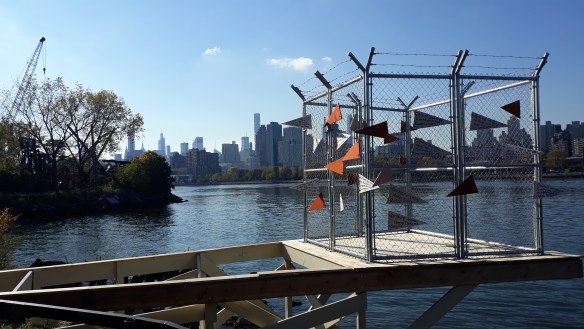I spend a lot of time digging into my memories. I look at pictures of me as a boy – fishing on the dock, beside the Christmas Tree, with our dog Celeste – trying to access that momentous time. I have also tried to searched out childhood things like Checkerboard Ice Cream and Pantry cookies, both of which I cherished in those days and both of which have vanished.

It seems somehow possible that if I could just taste them again, I would rediscover a key note to my uncluttered mind, like the magic of holding the tin or the feeling of my bare legs against the kitchen linoleum. But I have not been able to find either.
Something I have found is the NHL Action Players Book from Loblaws grocery store.

I collected these stickers from the Loblaws grocery store, furiously opening strip after strip to fill the booklet, trading for missing stamps, finding out who had found the un-find-able ones. There were dozens of Larry Carriere and Walt McKechnie and so few of Guy Lambert and Don Awry. It was impossible to find those.

And then Doug Crosby, a rich and somewhat simple boy in my class, bought the completed book from Edward Etchells for $50. The class bully Andy McAlpine mocked him. “You idiot! That’s not how it’s done!”

I realize that the whole thing was about the experience of collecting things, but why not do it Doug Crosby’s way? Why go through all of the hassle of bartering for the rare stickers when you could just buy the whole thing in one shot? As much as Doug seemed to have missed the point, Andy totally misses it. It’s not about scamming the system but learning from the experiences of the thing, be that finding Don Awry or eating Checkerboard Ice Cream.


































